This week, I was really struck by a thread about rest, written by psychologist Nicola Jane Hobbs.
Specifically, I loved the way that Hobbs delineates different forms of rest, many of which I hadn’t considered.
Hobbs writes,
Physical rest is sleep. Stretching, Nourishing food. Mindful movement. Mental rest is any kind of non-thinking activity. Baking. Painting. Gardening. Single Tasking. Emotional rest is crying. Journalling. Therapy. Healthy emotional expression. Sharing rather than suppressing. Social rest is hugs. Solitude. Intimacy. Community. Activism. Employee resource groups.
Sensory rest is silence. Relaxing music. Soothing scents. Loose clothing. Cosy socks. Pleasurable touch. Spiritual rest is meditation. Prayer. Poetry. Yoga. Energy healing. Full moon rituals. Creative rest is drawing. Pompom making. Cake decorating. Fantasy novels. Trying a new recipe. Playful rest is anything fun and unproductive. Watching a romcom. Playing a board game. Doing a puzzle. Building a fort.
Ecological rest is houseplants. Car-free days. Growing your own. Hiking. Bird watching. Wild swimming. Altruistic rest is any kind of giving without expecting anything in return. Deep listening. Volunteering. Random acts of kindness. Contributing to something larger than ourselves. Sometimes holding space for others and sometimes letting ourselves be held.
How many of these experiences have a place within your conceptualization of rest?
Which of them do you make time for regularly? Which do you need most?
I’ve been thinking a lot about rest in the last six months. Hobbs’ post made me realize that I have a somewhat rigid idea of what constitutes rest in the first place.
Widening my understanding of what rest is and can be will help me to prioritize and create more restful space in my life.
Here’s what I did this week that was restful:
- Caught up on some TV
- Baked cookies (without the intention of posting, sharing, etc.)
- Saw a play with my mom
- Had a long dinner with a friend
- Crying
- Therapy
- Crying in therapy
- Single tasking some overdue work tasks (I know this doesn’t sound restful, but focused and interrupted work actually did feel soothing!)
- Sleep (I’ve reorganized my days to make an extra hour of sleep in the morning possible, and it feels great)
Hobbs’ post helps me to understand that things I didn’t identify as being restful actually were, and are. Now I’m thinking about the types of rest that I might allow into my life in the seven days ahead.
What kind of rest can you make space for this week? I hope that something, and ideally a few things, will be possible.
Happy Sunday, friends. Here are some recipes and reads.
Recipes
As the weather warms up, I’m enjoying more overnight oats in the morning, and I’d love to try Kaylie’s PB&J version.
I really like Daniella’s summery spin on wheat berry salad. Long live roasted red peppers!
I’ve never tried making a homemade a vegan smash burger, but this black bean version is definitely calling to me.
Eva’s pizza primavera is going to be my go-to pizza of the summer.
For my next restful baking project, I’m going to try out Tessa’s s’mores cookies.
Reads
1. One of the types of rest that I could use a little more of, I think, is playful rest. Here’s a little more about the value of play for adults.
2. By now, it’s widely understood that maternal food behaviors and attitudes can create a lifelong impact in their kids’ lives. But fathers’ eating habits, language, and beliefs about food also play a significant—and significantly under-researched—role in the development of eating disorders. Virginia Sole Smith explores.
3. A well-researched and personally informed look at the healing potential, mysteries, and some of the controversies surrounding EMDR as a modality for healing trauma.
4. Adam Reiner reflects poignantly on the hotel that served as a home during his uncle’s final days, and the hotel staff that became family.
5. I love Joy Alicia Raines’ sweet written and illustrated reflection on grief. Thinking of those who are remembering or missing their dads today.
On that note, I’m off to capture a moment of social rest: giving my mom a Sunday hug. Wishing you a lovely afternoon and evening.
xo
You might also like
“When you don’t know what to do or how to move forward, stand still.” This is a piece of advice that my mother gave me during my post-bacc years. That time in my life was marked by a lot of indecision and agonized choices–most often, the choice of whether or not to keep going with my program for another semester or not. I’d receive yet another poor score or a discouraging comment or simply be hit with a spell of burnout, and I’d doubt what…
I vetoed It’s a Wonderful Life on Christmas eve. My mom suggested watching it. Under normal circumstances, it’s a holiday movie that I enjoy. But I just wasn’t up for Frank Capra this year. I didn’t want to contend with the movie’s heartwarming notes or its dark ones. I felt OK, but it took a lot of work to feel OK, to contain my underlying sadness about the year and the strange holiday season. I knew that if I took in any extra…
This is the last Sunday before the first day of my fall semester, which I can’t believe is here already; I’ve got my first class, Ethnic and Therapeutic Meal Patterns, on on Wednesday. Tomorrow I’ll be mapping out my work schedule for September, getting my syllabi in order, and continuing to unpack and catch up from some recent travel, which I’ll have more to share about next week. I like the “back-to-school” energy; it always feels so purposeful. And I’m marveling at the…
I’m sorry I didn’t get to Weekend Reading yesterday, friends — the time got away from me! But this gives me a chance both to share some enticing links and to wish everyone a happy St. Patrick’s day. Perhaps you can celebrate with one of these five dishes.


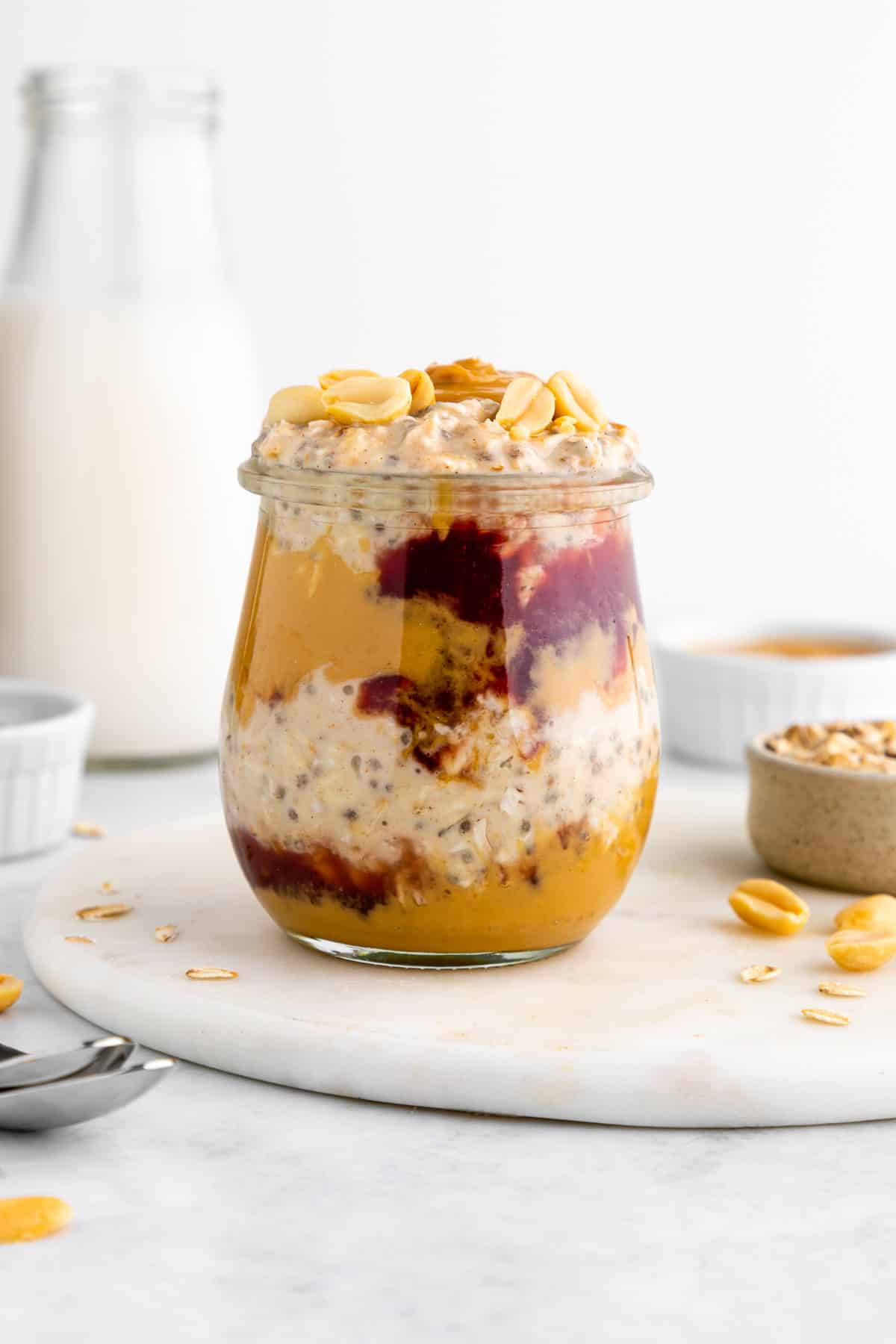
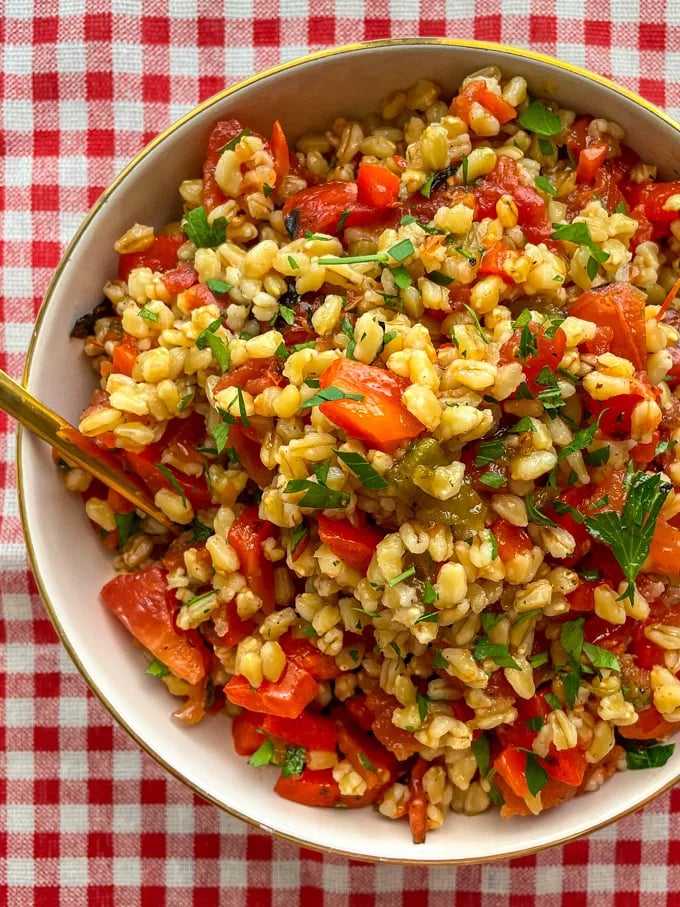
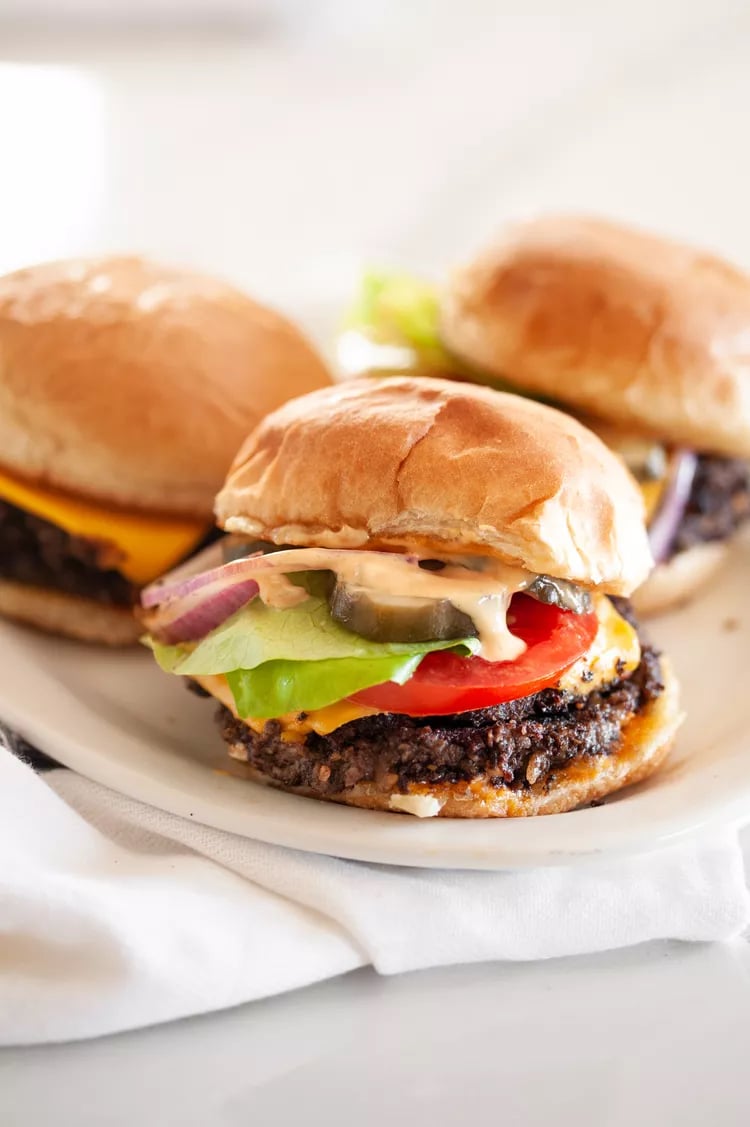
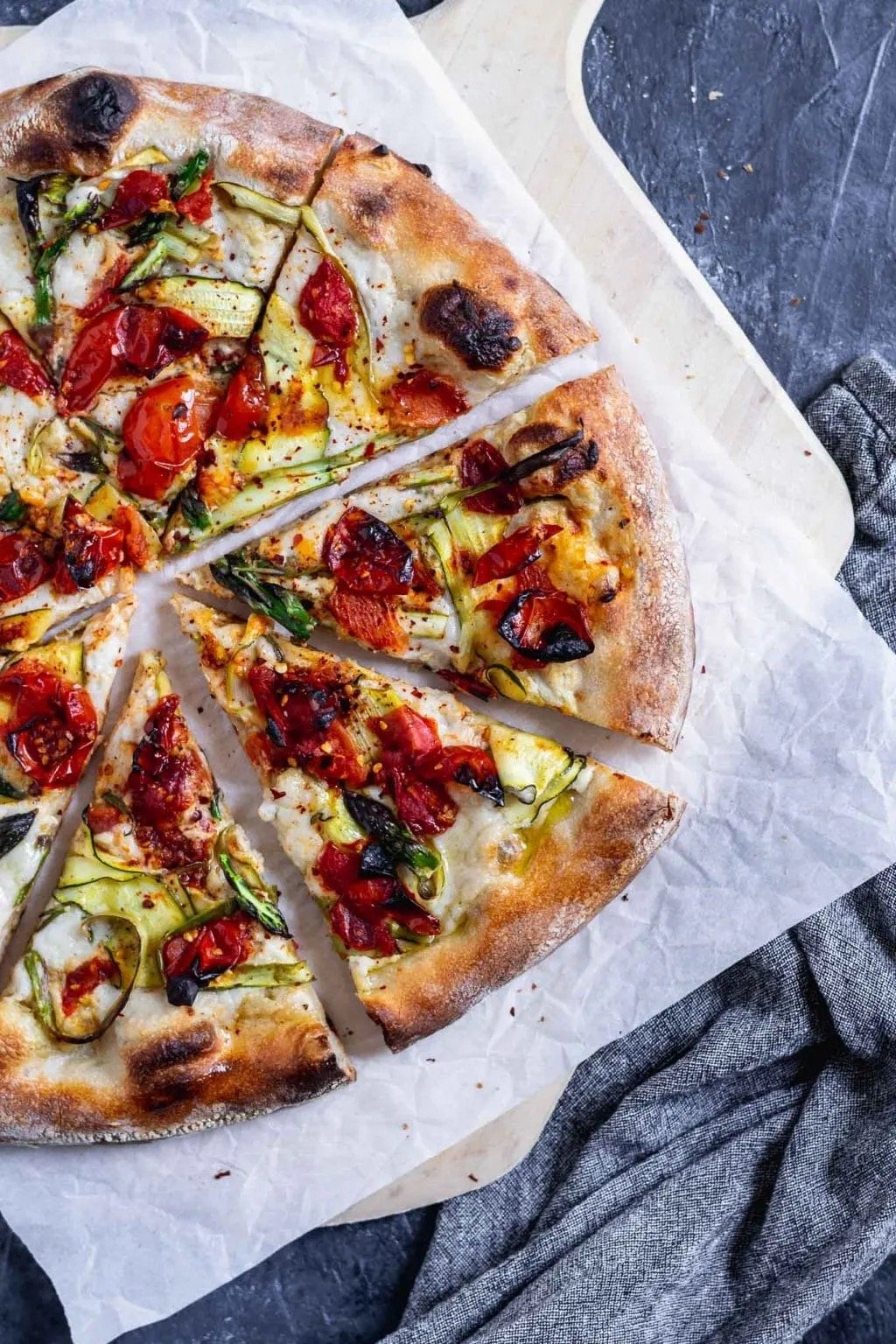
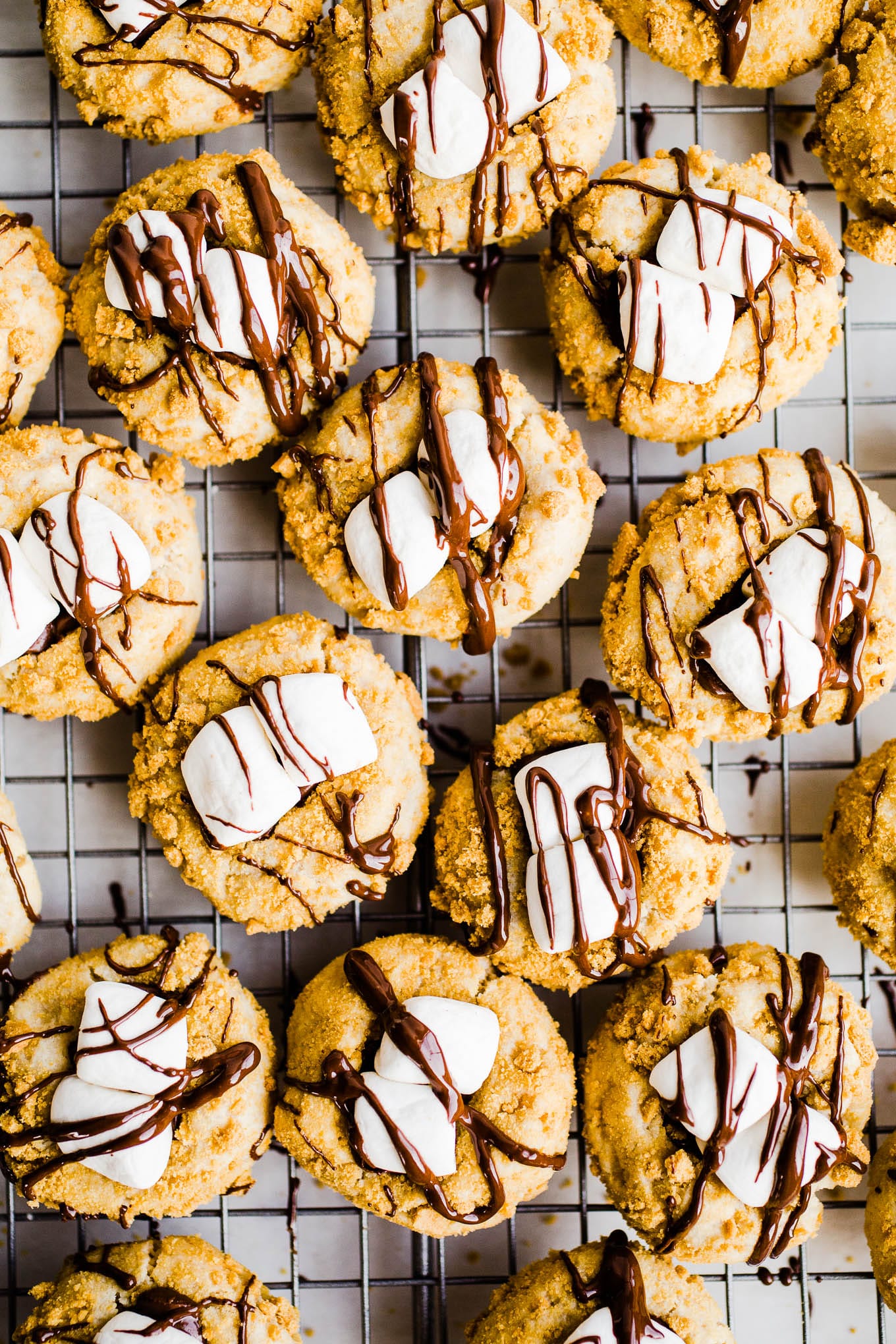
Leave a Comment
Hey Gena,
What a thought-provoking post. I like the idea that rest can be many things, but ultimately I disagree with the way Hobbs uses the word to cover so many things. For example, I worry that in calling something like therapy rest, we might then downplay the lived experience of whatever it is that brings us to therapy in the first place. We might also downplay whatever it is that we feel during a therapy session.
I guess what I’m saying is that I don’t think it’s realistic to look for elements of play in so many things — physical, emotional, spiritual. In fact, I worry that doing so could result in us not being kind to ourselves in the way we need to be (for example, we might end up castigating ourselves for not being able to see the ‘positive’ aspect of an experience).
Many of the things Hobbs mentions doing or experiencing — for example, volunteering, hiking and crying — are experiences that can add meaning to our lives in really important ways. I’m just not sure that categorising these activities/experiences as restful is helpful.
Thank you as ever for your thoughtful and compassionate posts <3.
R xo
I’m going to come right out and disagree with Hobbs on one point– what constitutes emotional, spiritual, or creative rest for one person is not necessarily what serves that same rest for another person. I know people for whom basketball is either creative rest or a moving meditation; for me it would be torture. Baking is very much a thinking activity for me; cleaning is a meditation. The categories may even vary, but what fills them, definitely. On the whole, though, it’s an interesting way of looking at things, very useful.
Yes, I agree with Aging Ophelia, the activities that constitute different types of rest are unique to the individual and , even for them, can change based on their mood, phase of life, etc.